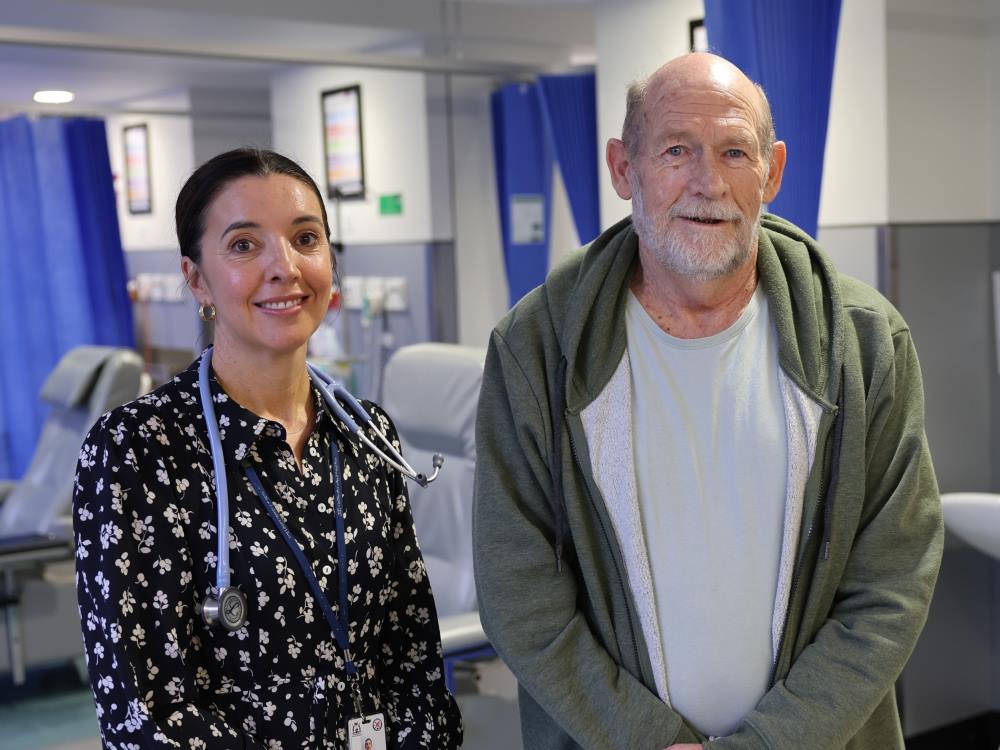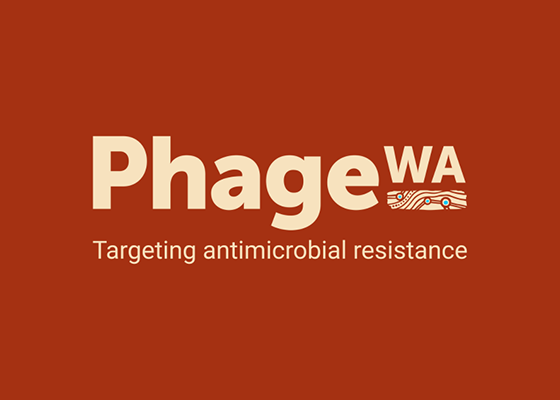What is compassionate use of Phage therapy?
When antibiotics prove unsuccessful in treating chronic bacterial infections and a patient is critically ill, they may be considered eligible for "compassionate use" of phage therapy. Compassionate use treatments are novel treatments not widely available to everyone, but have potential to become more widely used treatments in the future. Phage Therapy has been used internationally in this way, and Phage Australia have developed a protocol for the compassionate use of phage therapy here in Australia.
This protocol received national ethics approval in December 2021 and has been accepted by numerous hospitals Australia-wide.
Is there compassionate use of phage therapy available in Perth?
Here in Perth, Western Australia, we are hoping to commence the compassionate use of phage therapy at a number of hospitals including Sir Charles Gairdner Hospital, Fiona Stanley Hospital, Royal Perth Hospital and Perth Children’s Hospital.
How is eligibility for compassionate use determined?
Eligibility for compassionate use phage therapy is assessed by the treating doctor. If they believe that the patient has an infection that might be treatable by phage therapy, they will discuss this with other independent senior doctors on the hospital’s committee. The patient’s medical history, other treatment options and suitability for phage therapy will all be considered.
If the patient is deemed to be a suitable candidate for phage therapy, doctors obtain a small sample of the bacteria causing the infection and have it tested in the laboratory to determine if there are any phages available that target it.
If phages are identified, the doctors will let the patient know and ask if they would like to receive phage therapy. A number of regulatory approvals will then need to be obtained to allow for treatment of the patient, but these are processed as high priority because the patient is typcially very ill. Once approval is granted the laboratory will be able to scale up production of this phage so that there will be enough of it to treat the bacterial infection. The phage preparation is then cleaned so that it is suitable to be administered to humans.
What if there are no phages available to treat a particular infection?
If there is not a phage available for a particular bacteria locally, there is still potential for a phage to be available elsewhere in the world. Phage researchers have a highly collaborative network via the phage directory and are often sharing phages if they believe one might help in the treatment of a particular patient.

Dr Penny Clohessy with WA's first Phage Therapy patient Keith. Image courtesy of Sir Charles Gairdner Hospital.
The first patient in WA to receive phage therapy
Late last year at Sir Charles Gairdner Hospital (SCGH), 65-year-old Keith became the first patient in WA to receive the treatment to fight a multi-drug-resistant infection he developed in his aortic graft following heart surgery in 2021.
Since his 2021 surgery, Keith said he had spent the best part of three years on and off intravenous antibiotics.
“The infection has just stuck with me ever since my operation; it’s been tough,” Keith said.
“If we can get a lasting result from the Phage Therapy it will be a huge benefit to my life and hopefully to others like me.”
Although Phage Therapy has been known for close to 100 years, it is now being more heavily researched in response to a decline in the effectiveness of antibiotics and the rise in multidrug resistant infections. An issue that the World Health Organisation has identified as a serious global threat to health.
Dr Penny Clohessy, Co-Head of Department Infectious Diseases at SCGH, said we are hoping Phage Therapy will provide an alternative to surgery for people like Keith and assist in suppressing, and possibly curing infection."
Keith is the first patient in WA to undertake the therapy, with only a small number having had the therapy nationwide.
Dr Clohessy said we are all hopeful of a lasting positive result.

